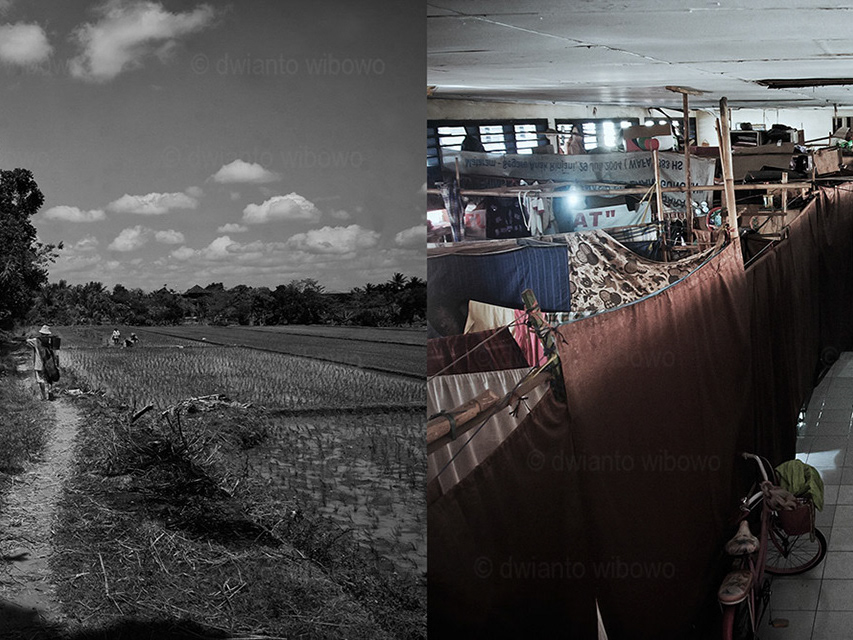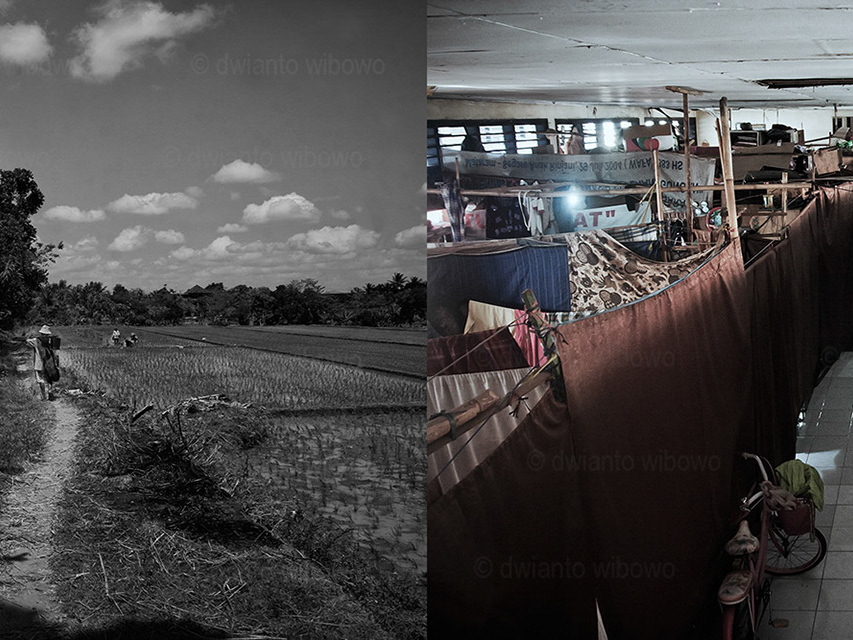Coastal people went ashore to bring their fish in the buckets, than from the Hill people walking down carrying agricultural goods. They met to do barter their goods at a market place in Wulandoni, Lembata regency, East Nusa Tenggara, Indonesia.
“Barter Market” Wulandoni, is the largest barter market in Lembata Island, which became a meeting point for neighbours in surrounding areas: Lewoka, Lembata, Labala, Puor and Atadei. Barter market becomes binding brotherhood between Christians (most called by mountain people, who lives 3 km from coastine) and Muslims (who mostly inhabit the coast). They are living side by side since 500 years ago. Money doesn’t become primary needs here because of the wealth of maritime and agricultural can complement each other.
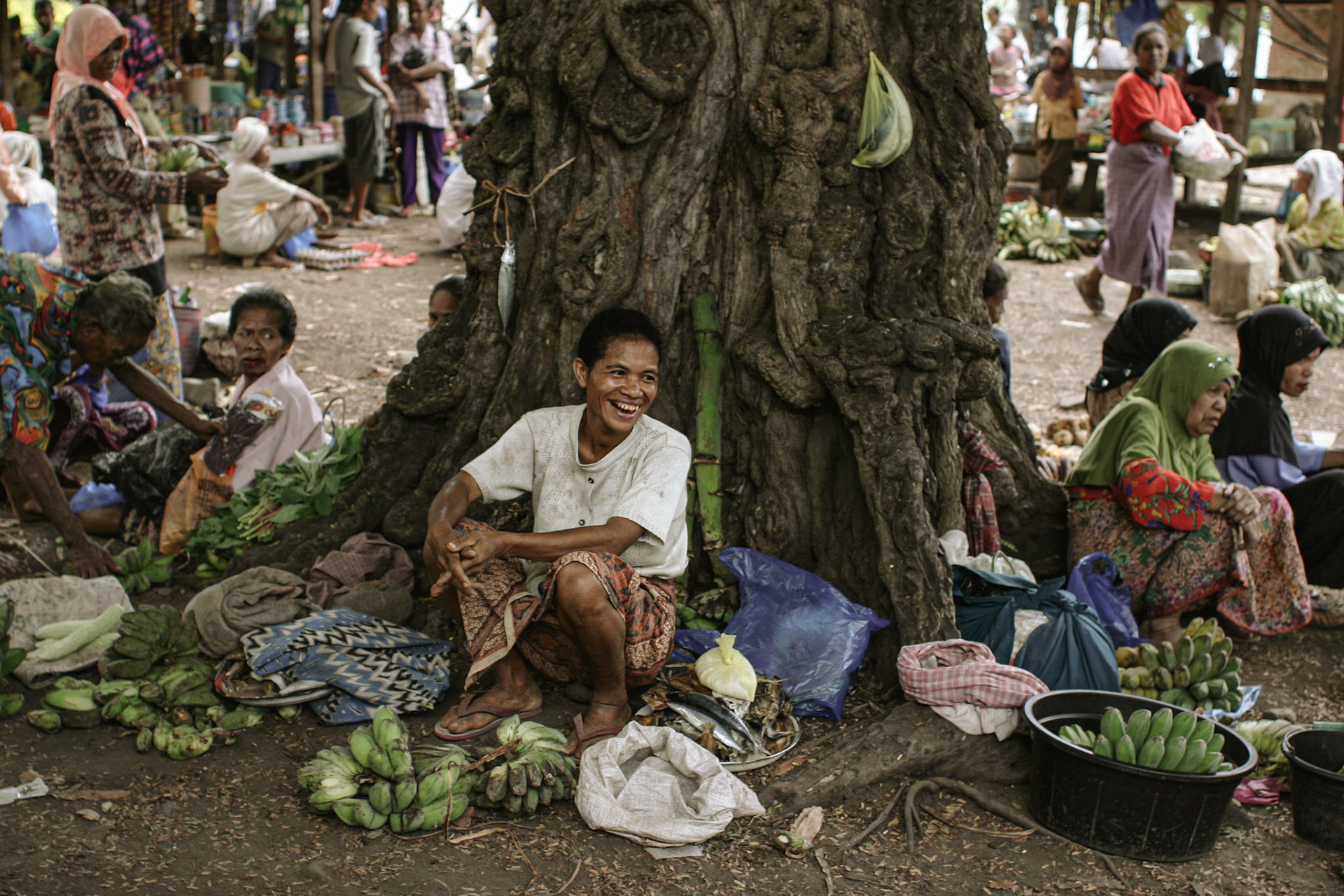
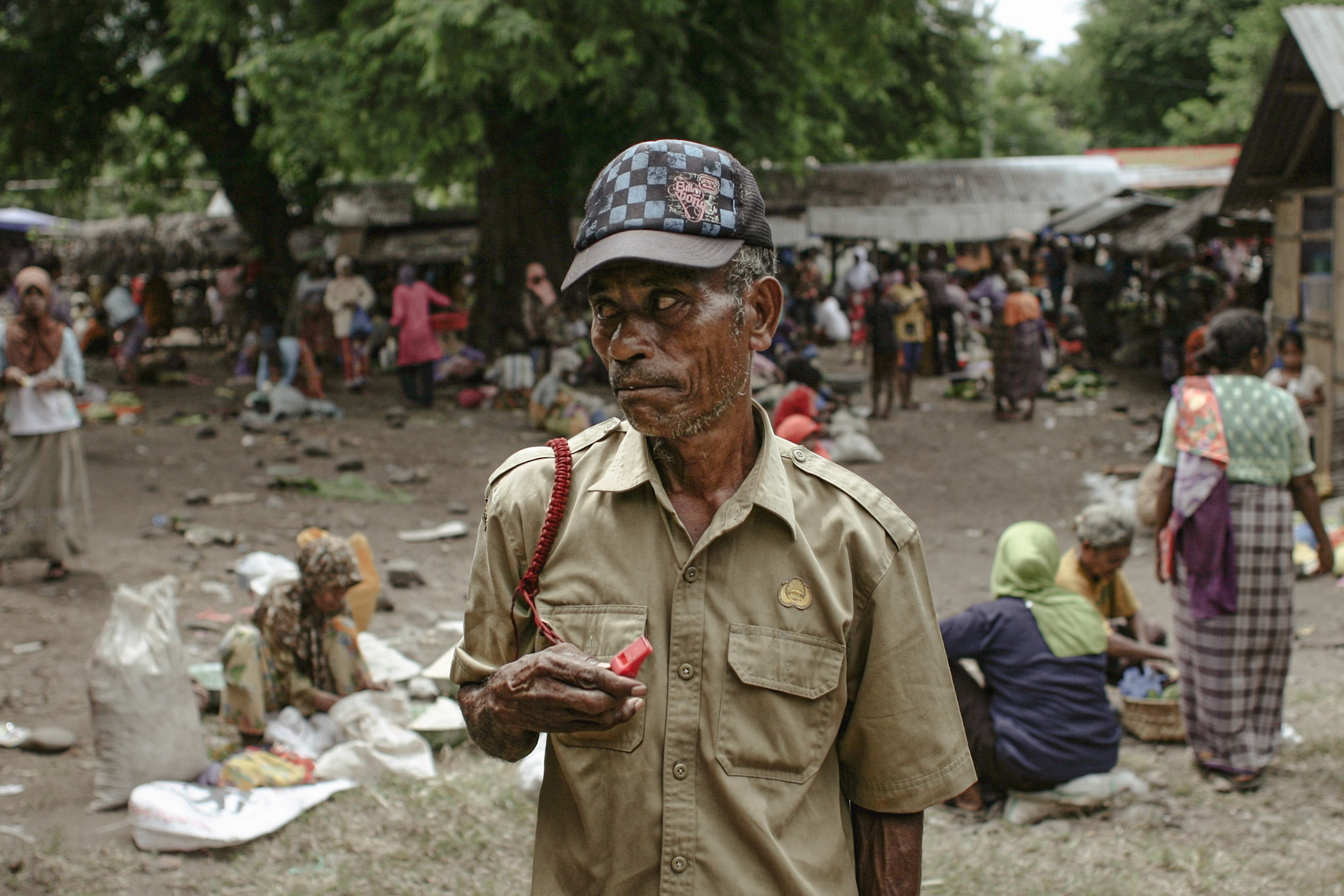
A barter system is an old method of exchange. This system has been used for centuries and long before money was invented. In Lembata, barter has been accompanied by the tradition of sperm whales caught in Lamalera since the 1600s. Initially, only barter meat, oil, bones, and skin of sperm whale with rice, maize, cassava, sweet potatoes, vegetables, and fruits. If they doesn’t have whales, people make switch to using dried flying fish and other small fish. According to calculations performed by generation, an adult palms-sized dry fish get 2 Mongan (agricultural output with the smallest value) which 10-12 bananas, cassava or corn stalks.
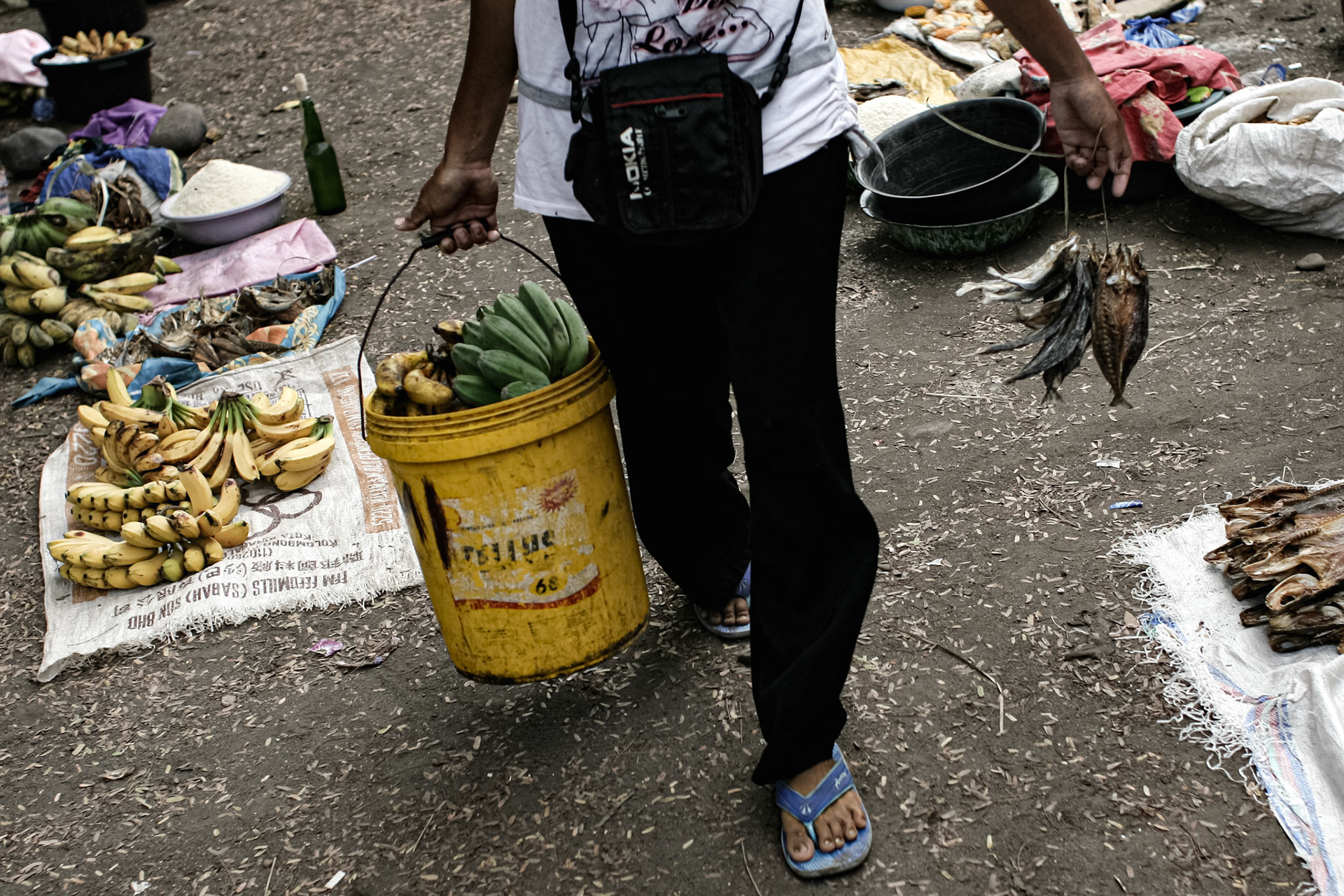
Barter usually starts at 11 a.m on Saturday. The foreman of the market is the people who determine the beginning of barter, he blow the whistle for signs began and then maintain the transaction continuity and fairly.
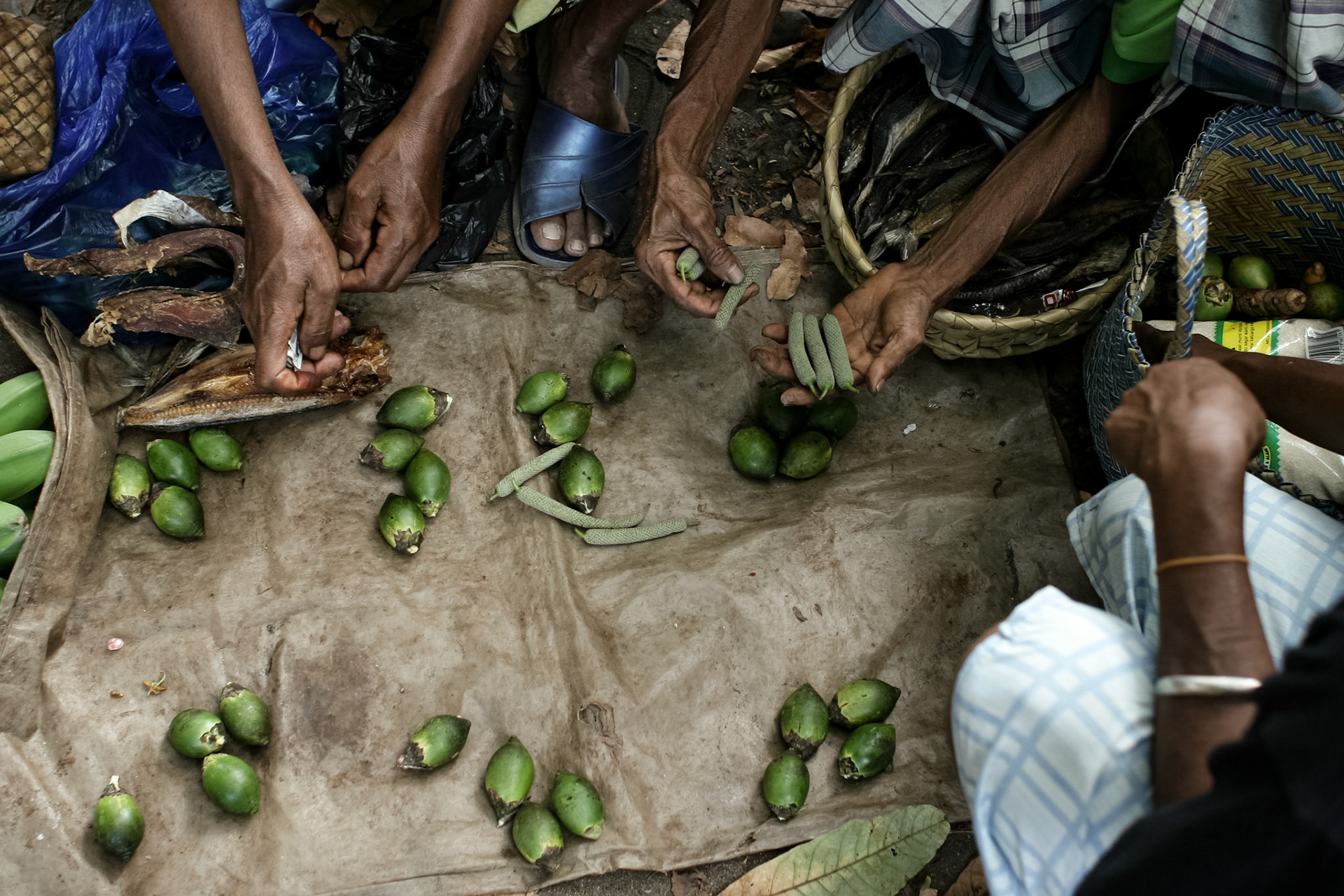
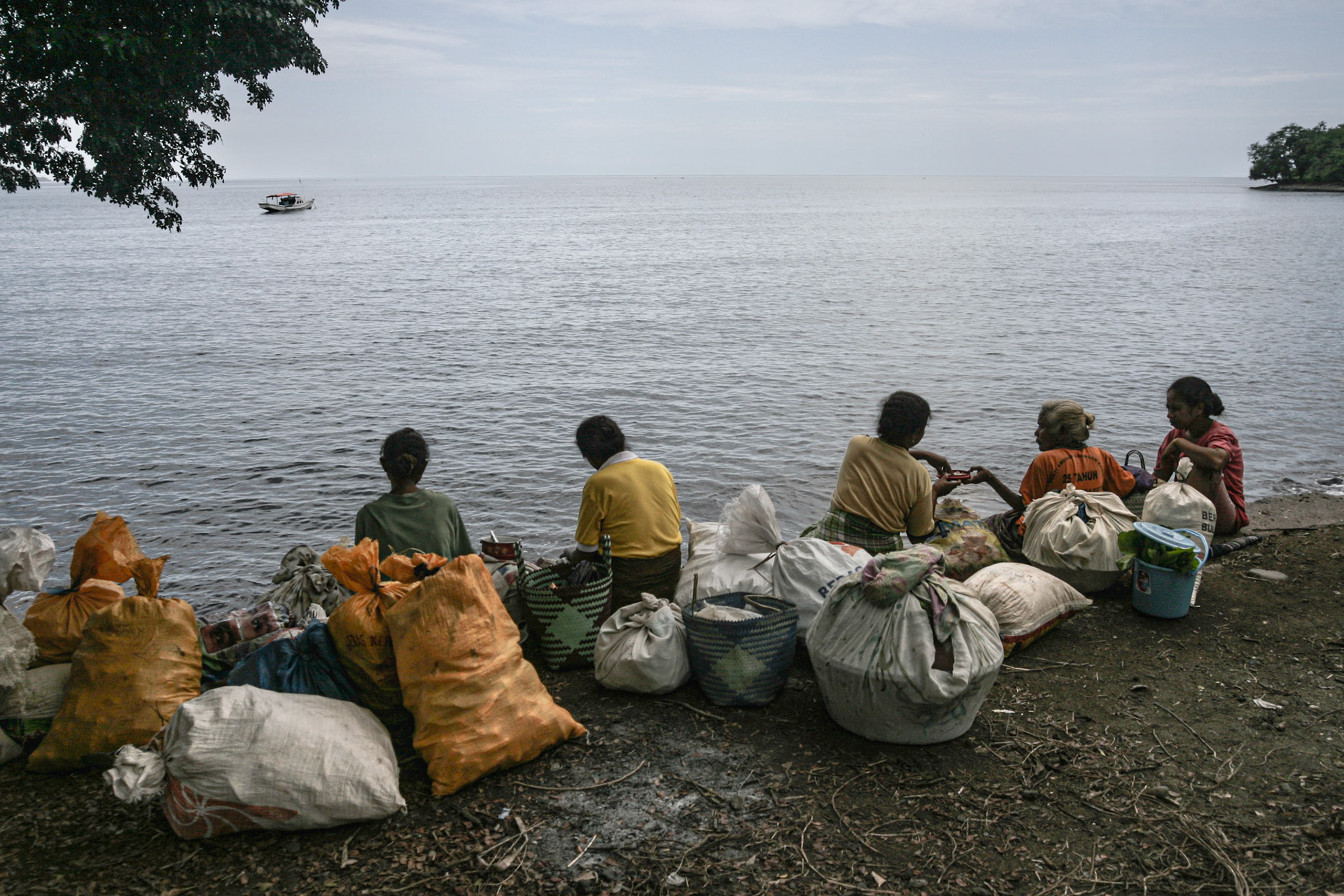
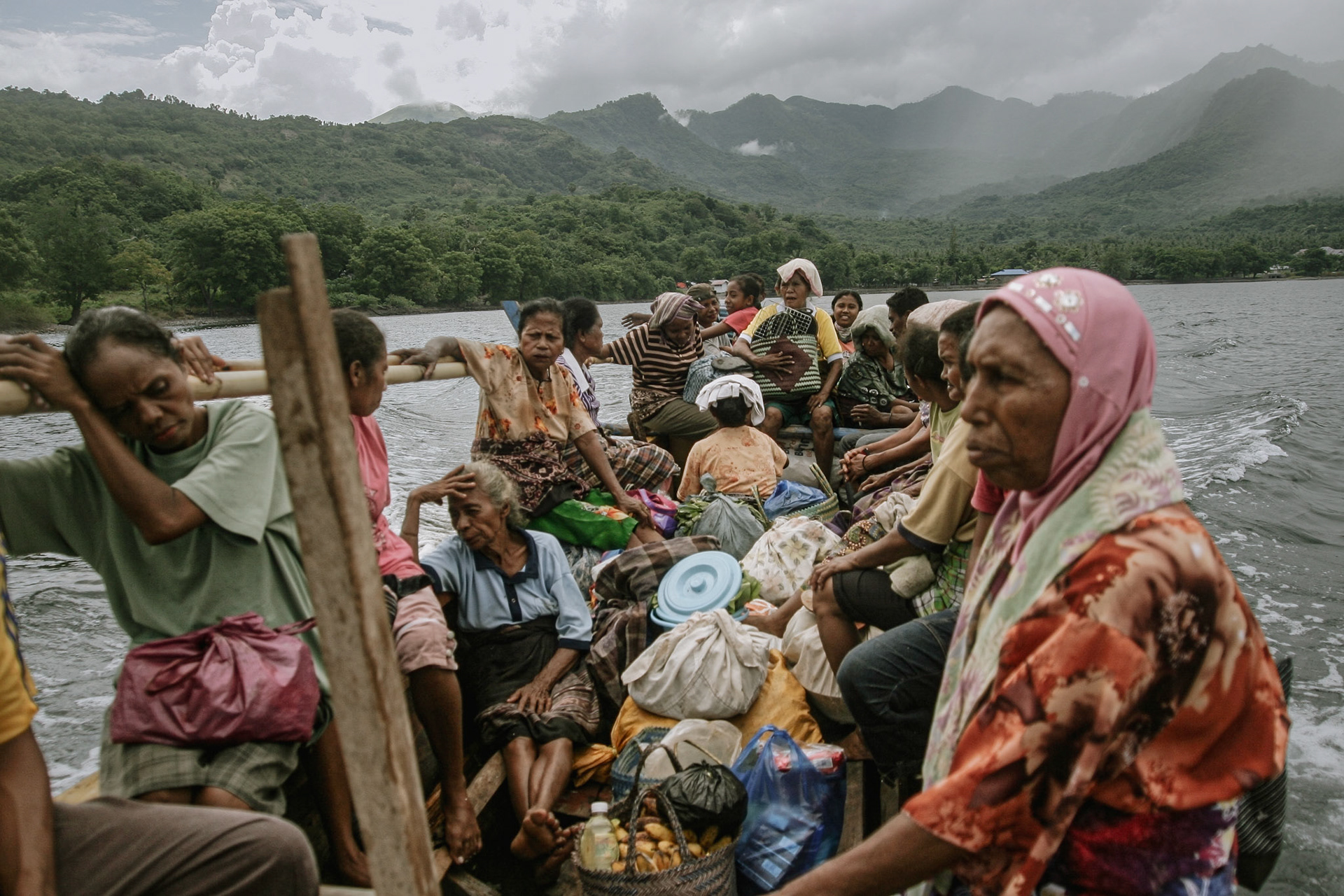
Sadly, barter market Wulandoni has been closed in August 2014, after the village boundary conflicts in Wulandoni district. Since then, the smaller scope of “barter market” is held at Lamalera and Puor. The barter market in Wulandoni was reopened by the Regent of Lembata on August 5, 2017.

